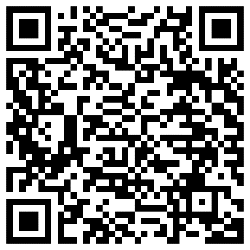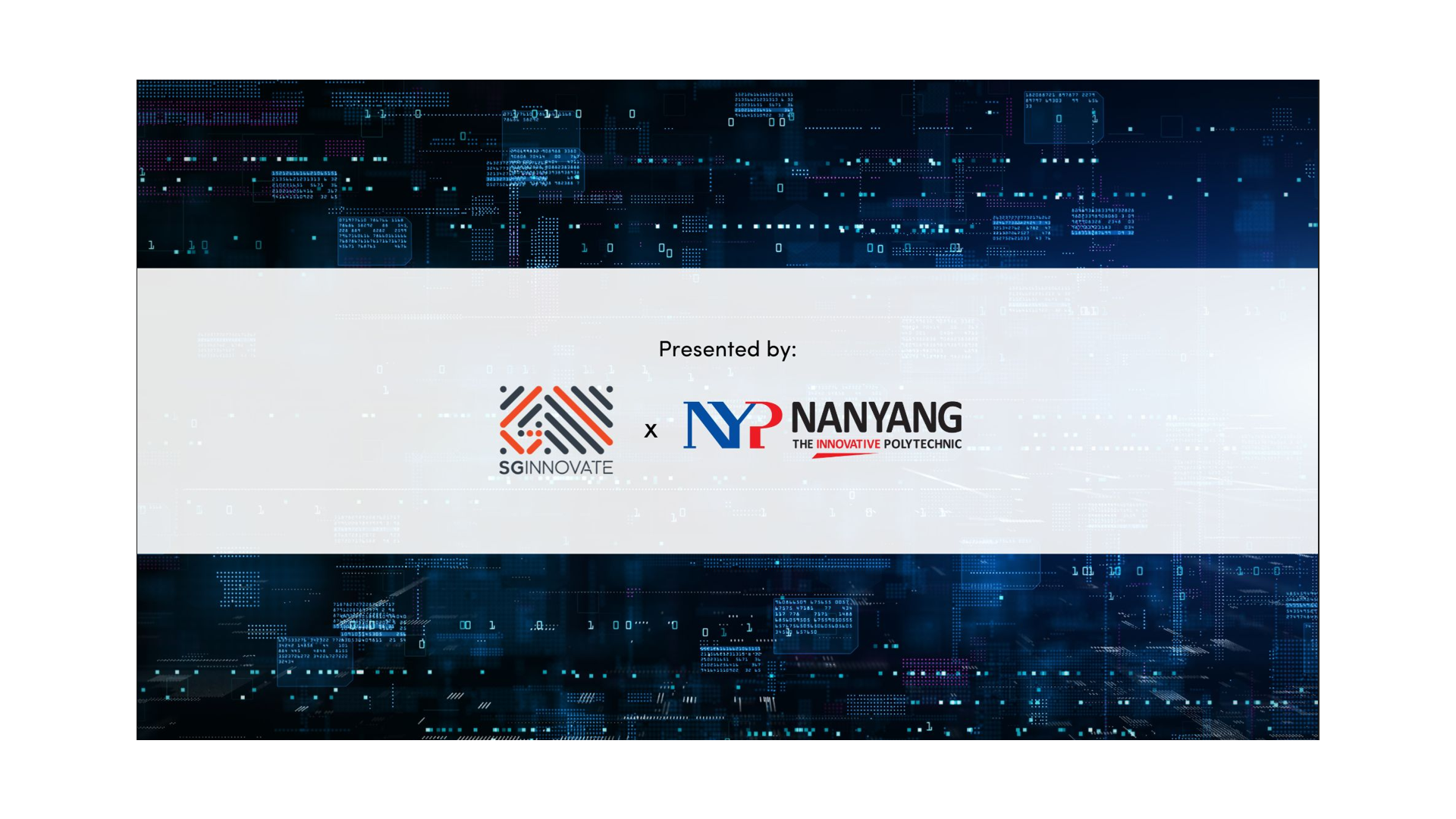Overview
This course aims to equip participants with essential skills and ready-to-use tools in building an end-to-end Artificial Intelligence application. Participants will get opportunity to deploy NYP proprietary licensed tools, Xpan Artificial Intelligence Lite, on their own workstations to build Artificial Intelligence applications based on actual use-case projects.
Course Description & Learning Outcomes
The course has 2 phases:
Phase 1 - a 3-days classroom session on introduction to Artificial Intelligence pipeline concepts, fundamental skills in building Artificial Intelligence.
Phase 2 - Participants will work on Artificial Intelligence applications development and assignments for another 2 days. Trainer will conduct synchronous e-sessions to guide participants along.
Recommended Prerequisites
Prior experience in programming is required
Pre-course instructions
Participants are required to bring and work using their own Windows laptop or MacBook, equipped with a minimum of 16GB RAM, to ensure an optimal learning experience.

Schedule
End Date: 12 Sep 2025, Friday
3-day classroom course: 13 to 15 Aug 2025: 9am - 5pm 2-day online consultation project: 29 Aug 2025 & 12 Sep 2025
Location: Blk S, Level 2, S.230, Nanyang Polytechnic, 180 Ang Mo Kio Ave 8, 569830 and OnlineAgenda
| Day/Time | Agenda Activity/Description |
|---|---|
| (Day 2) 10am – 10:30am | Tea Break (included) |
| (Day 1) 9am – 10am | Understanding Key Technology for AI solution development |
| (Day 1) 10am – 10.30am | Tea Break (included) |
| (Day 1) 10.30am – 11:45am | Creating applications architecture |
| (Day 1) 11:45am – 1:15pm | Lunch (Not Included) |
| (Day 1) 1:15pm – 3pm | How do applications talk to each other? |
| (Day 1) 3pm – 3:30pm | Tea Break (included) |
| (Day 1) 3:30pm – 5pm | Hands On Creating Front End & Back End Applications |
| (Day 2) 9am – 10am | Front End Development (Computer Vision) |
| (Day 2) 10:30am – 11:45am | Front End Development (Computer Vision) (con’t) |
| (Day 2) 11:45am – 1:15pm | Lunch (Not Included) |
| (Day 2) 1:15pm – 3pm | Loading Models |
| (Day 2) 3pm – 3:30pm | Tea Break (included) |
| (Day 2) 3:30pm – 5pm | Loading Models (con’t) |
| (Day 3) 9am – 10am | Front End Development (NLP) |
| (Day 3) 10am – 10:30am | Tea Break (included) |
| (Day 3) 10:30am – 11:45am | Back End Development (NLP) (con’t) |
| (Day 3) 11:45am – 1:15pm | Lunch |
| (Day 3) 1:15pm – 3pm | Creating Vector Databases |
| (Day 3) 3pm – 3:30pm | Tea Break (included) |
| (Day 3) 3:30pm – 5pm | Create RAG application |
Pricing
Course fees: Please refer to the registration link for information on course fees and available funding support
Skills Covered
PROFICIENCY LEVEL GUIDE
Beginner: Introduce the subject matter without the need to have any prerequisites.
Proficient: Requires learners to have prior knowledge of the subject.
Expert: Involves advanced and more complex understanding of the subject.
- Natural Language Processing (NLP) (Proficiency level: Beginner)
- Python (Proficiency level: Proficient)
Speakers
Trainer's Profile:
Ms Low Jia Xin, Lecturer, NYP-Microsoft Center for Applied AI (C4AI), School of Engineering, Nanyang Polytechnic
Ms. Low holds B.Eng in Electrical and Electronics. She has more than two years of teaching experience in data management, AI application development and AI solutions deployment. She is skilled in Python, Docker, Kubernetes, with a solid foundation in containerizing and deploying scalable AI solutions in on-prem servers and cloud environments on Azure. Additionally, she has led various AI-related industry projects and is dedicated to promoting AI ethics and responsible development practices
Trainer's Profile:
Ms Seah Bee Kheng, Lecturer, NYP-Microsoft Center for Applied AI (C4AI), School of Engineering, Nanyang Polytechnic
Bee Kheng holds Master of Computer Science & Information Systems. She has 14 years’ industrial experience with the most recent 2 years concentrating on AI Engineering to solve engineering problems to drive business outcome. She is experienced in integrating and deploying AI/ML models in production environment. She also has vast experience in AI model’s explainability and analysing the AI model performance through creating baseline models (computer vision, OCR, NLP) as benchmark against in-house fine-tuned models. In addition, she also has 9 years’ technical coaching and training experience.






